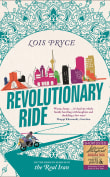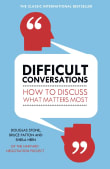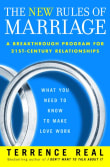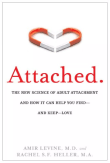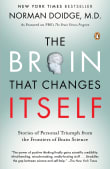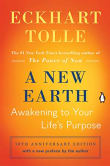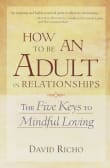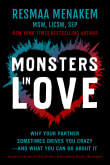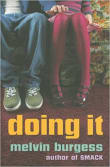Nonviolent Communication
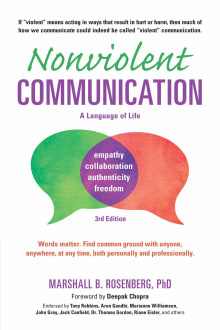
Book description
5,000,000 COPIES SOLD WORLDWIDE • TRANSLATED IN MORE THAN 35 LANGUAGES
What is Violent Communication?
If “violent” means acting in ways that result in hurt or harm, then much of how we communicate—judging others, bullying, having racial bias, blaming, finger pointing, discriminating, speaking without listening, criticizing others or ourselves, name-calling,…
Why read it?
4 authors picked Nonviolent Communication as one of their favorite books. Why do they recommend it?

The teachings of NVC are essential for those wishing to deepen their compassionate hearts.
NVC has helped my partner and me navigate many difficult conversations while remaining connected, present, and caring. Instead of communication breakdown, NVC teaches a focus on identifying needs and expressing emotions before making a doable request. The skills of this practice are essential building blocks for kind and honest communication.
From Pavini's list on creating business relationships that feel alive.

Learning to communicate in a way that creates a win-win situation for everyone is a skill. Often we get what we want to the detriment of others or the other way round. Nobody wins and the ultimate consequence is nobody is happy. I really like how practical this book is and how it taught me to speak in a different way entirely! It’s all well and good to know the theory of how negative language can destroy relationships but knowing how to communicate differently is what really matters. I like books with exercises I can put into practice as well…
From Elisa's list on for personal growth.

We all pick up and develop a way of communicating that becomes second nature. We can’t really hear ourselves accurately, until (hopefully) someone complains. But when they complain, we can get a bit defensive, and/or clueless for what to do about it.
Even good, well-intentioned people can end up communicating with violence. That’s a strong word, yes, but it really just means that what we say (and how we say it) ends up hurting or harming another person, or a relationship. It’s not that you “can’t ever get it right” for them, or need to walk on eggshells. We’re…
From Marsha's list on building awesome relationships from the inside out.

Marshall Rosenberg has developed a philosophy and set of tools for understanding and defusing strong emotions which, without empathy and deep listening, can spill over into verbal or physical violence. I recommend this book to clients who, after detoxing from the impact of an effective campaign of workplace bullying against them and learning robust bullyproofing skills, want to learn more about the dynamics which can drive overtly emotional behaviour in others. The book describes Rosenberg’s method for unearthing the hidden unmet need behind expressions of anger and showcases his conflict resolution work in multiple war zones around the world in…
From Aryanne's list on workplace bullying.
Want books like Nonviolent Communication?
Our community of 12,000+ authors has personally recommended 100 books like Nonviolent Communication.

